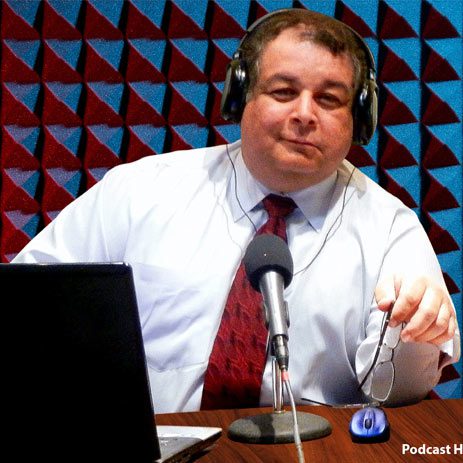Summer Storms
Photo by Aleksei Sabulevskii on Unsplash
Earlier this summer a tropical Depression visited my hometown, and another kind of depression visited me. Spoiler alert: I’m over it now. When depression has me in its grip, it is not possible to write. It is not even possible to lift a pencil. I have no energy, no motivation, no hope.
But first, let me set the scene. Most of the time, I enjoy a peaceful, pleasant existence characterized by regular habits. I awaken at the same time each day, perform daily rituals of Meditation and Exercise and affirmations, eat breakfast, work at my computer until lunch, take a power nap, work until dinner. Regular routines give me an illusion of control and stability. Routines allow me to move forward with minimal thought, freeing up Real Estate in my brain for more creative pursuits.
The Eve of Disruption
My patient and long-suffering wife decided that 15 years is long enough to live with a dysfunctional galley kitchen. After months of working through designs with architects and selecting a contractor, it became time in July to box up and move everything out of the kitchen in preparation for the remodeling. In terms of logistics, this was good and necessary planning. But psychologically, it upended my regular, dependable habits and replaced them with chaos and confusion. Where were the glasses? Where did the spices go? Where can I find the silverware? The measuring spoons? Which box has the peanut butter? Every step of every routine was now preceded by trying to remember where the familiar had gone and rooting around in boxes.
I had no time to work out alternative routines, because we then took a week of vacation with the kids and grandkids. Wonderful time, but also another disruption from routine.
Then we returned from vacation just in time for a freak weather event to down the power lines. For 24 hours we did what we could in natural light, ate meals elsewhere, and compiled short lists of friends we could mooch on. Then the lights came back on.
And the next day, the crew arrived to demolish and reconstruct our kitchen, thus kicking off a span of up to 12 weeks sans kitchen.
The weather was no help. Under overcast skies with humidity hovering around 90 percent, it was hard to breathe, hard to Sleep, hard to think. Every footstep was an existential struggle against gravity.
I struggled to get words onto paper, and then I struggled to make them even slightly readable. I had no new ideas for things to write about. I was certain that I would never have another new idea because I was all used up. Plus my lower back was in pain. I was having trouble sitting down or getting up again, and I couldn’t bend at the waist. In sum, I felt old, tired, ailing, and hopeless.
And then without warning, late last week, the depression lifted. The clouds parted, the sun shone brightly. My back was mended – isn’t it amazing when that happens! – my every footstep had purpose. I found my resilience muscles and got into the swing of adjusting to the new abnormal. And voila! words started to flow from my keyboard.
Depression and Age
I am not sure why I am telling this story. In part, I think, I want to reassure my fellow depression sufferers that the darkness does end. It comes in like ocean waves, and it recedes like the outgoing tide (just not on as dependable a schedule). For that fortunate majority who are not afflicted with depression, I hope the story is useful to give a sense of how debilitating it can be – even if to the untrained eye, we seem to be perfectly fine.
But I also wanted to note that depression and Aging can be a dangerous combination. In the general U.S population, 29% have been diagnosed with depression at some point and about 18% say they are experiencing it now. Both numbers shot upward during the Covid-19 pandemic. In the older adult populations, the incidence of depression is lower: Up to 5% for people living in their community, but 13.5% for those who require home healthcare and 11.5% for hospitalized patients. It is more prevalent in those who have other chronic health conditions. Despite the comparatively lower rates, depression poses tragic risks. Although adults age 65 and older are 17% of the population, they account for 22% of suicides. Because of their life experience, older adults who attempt suicide have a high rate of success. Given these facts, it is important to be alert to warning symptoms of depression.
What causes depression, and what makes it disappear? Doctors today say it’s an imbalance in brain chemistry. Then again, doctors used to think it was an imbalance among the four humours. You can believe what you want. I have enough belief in the brain chemistry explanation to be in my third decade on antidepressants, though I suspect barometric pressure is also an uncredited influence. I am fortunate that my treatment keeps my depressive episodes to a minimum. Still, even the best drugs are not enough to hold back the occasional cascade of negative thoughts that gather into a black cloud and darken my inner and outer worlds.

























